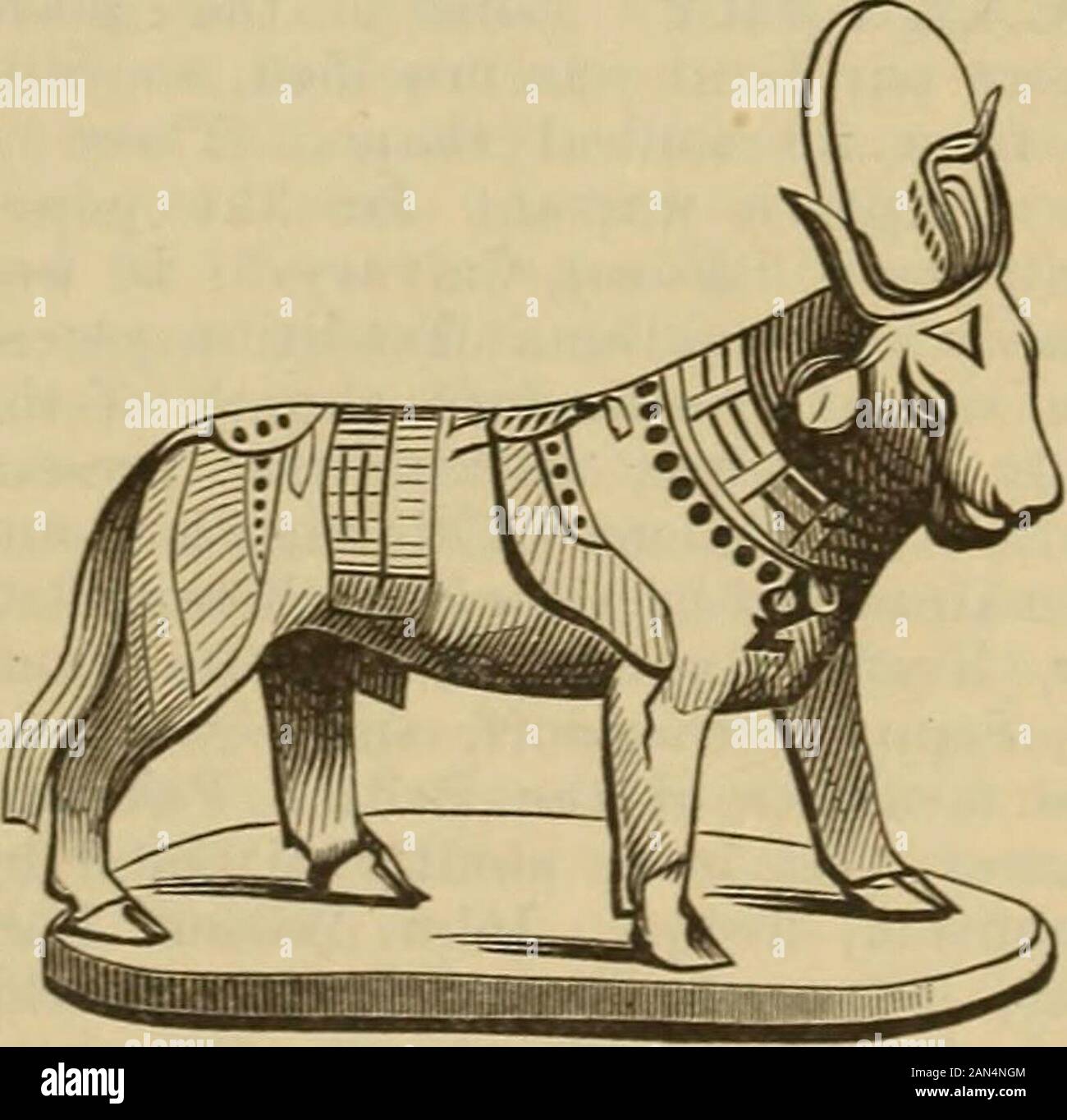Hosea 13:13. “The sorrows of a travailing woman shall come upon him: he is an unwise son; for he should not stay long in the place of the breaking forth of children.”
Travail is a strong word. It connotes great effort, accompanied by lots of pain. Any woman who has borne a baby understands, especially if her labor was long and hard. While a woman is enduring childbirth, she can concentrate on only one thing: Bearing down to push the baby out of her body. Even in a normal, uncomplicated birth, it can feel as if one’s own body is going to break. It’s hard, painful, sometimes excruciating.
Is it true that when the baby is born, the mother immediately forgets the pain? Well, I don’t know about the “immediately” part, but speaking for myself, I went on to have three more after the first, so yes, I think we do forget to a degree. Or at least we accept the birth process because the results are so incredibly satisfying.
Israel would experience travail, trouble, suffering and pain that God compares to what a woman experiences when she gives birth.
The rest of the verse intrigued me, so I did some research. “He is an unwise son; for he should not stay long in the place of the breaking forth of children.”
Him, in the first part of the verse, of course, refers to Israel (Ephraim). Judgment will fall with the urgency of labor pains. But most of the commentators I read agree that the He in the second clause refers to the unborn child. As the mother endures the pain and pressure, the baby moves down the birth canal. The natural result would be that the child would emerge into the world and take his first breath, finding life.
If, however, the child could decide he’s not quite ready to be born yet, and hesitates to leave the “safety” of his mother’s body, the result would be death for both the baby and the mother.
In the same way that labor pains announce the coming of the end of the pregnancy, so God’s judgment signals the end of Israel’s disobedience. But if Israel pays no attention to the rigors of judgment, and decides to stay in the place of disobedience, then death is the unavoidable result of his choice.
God created in us a will and desire for life. Of course babies cannot choose to remain unborn, but the inevitable end of a lack of the proper result of the birth process can lead to death. It doesn’t always end so, because the midwife or doctor intervenes and provides assistance to the mother and child. In the same way, God can intervene with His people, providing a clear way of escape from the pain.
The choice, however, remains with the people, who need only to repent and turn to Him in order to gain life and freedom.











